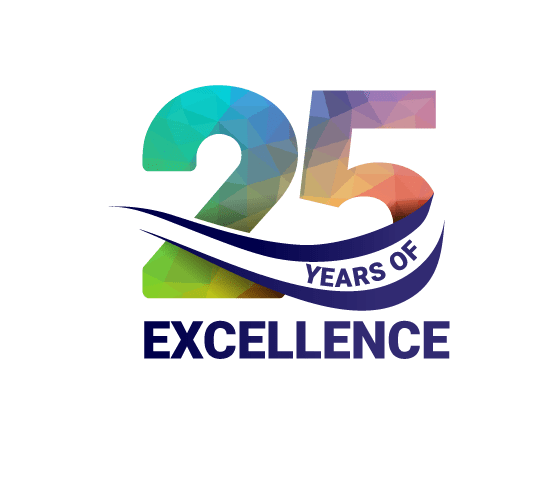Program
- Master Of Computer Applications
Infrastructure
- Fully Equipped Labs
- Comfortable Lecture Hall
- 365 Days, 24/7 Opened Library
Admissions
- Autonomous Institute
- Affiliated to JNTUA, Ananthapuramu
Program Educational Objectives (PEO's)
PEO1: Have Professional competency through the application of knowledge gained from fundamental and advanced concepts of structural and functional components in software. (Professional Competency).
PEO2: Excel in one’s career by critical thinking towards successful service and growth of the organization or as an entrepreneur or through higher studies. (Successful Career Goals).
PEO3: Enhance knowledge by updating advanced technological for facing the rapidly changing world and contribute to society through innovation and creativity (Continuing Education and Contribution to Society).
Program Outcomes (POs)
Computer Applications Graduates will be able to
PO1. Computational Knowledge: Apply knowledge of computing fundamentals, computing specialization, mathematics, and domain knowledge appropriate for the computing specialization to the abstraction and conceptualization of computing models from defined problems and requirements.
PO2. Problem Analysis: Identify, formulate, research literature, and solve complex computing problems reaching substantiated conclusions using fundamental principles of mathematics, computing sciences, and relevant domain disciplines.
PO3. Design /Development of Solutions: Design and evaluate solutions for complex computing problems, and design and evaluate systems, components, or processes that meet specified needs with appropriate consideration for public health and safety, cultural, societal, and environmental considerations.
PO4. Conduct Investigations of Complex Computing Problems: Use research-based knowledge and research methods including design of experiments, analysis and interpretation of data, and synthesis of the information to provide valid conclusions.
PO5. Modern Tool Usage: Create, select, adapt and apply appropriate techniques, resources, and modern computing tools to complex computing activities, with an understanding of the limitations.
PO6. Societal and Environmental Concern: Understand and assess societal, environmental, health, safety, legal, and cultural issues within local and global contexts, and the consequential responsibilities relevant to professional computing practice.
PO7. Innovation and Entrepreneurship Identify a timely opportunity and using innovation to pursue that opportunity to create value and wealth for the betterment of the individual and society at large
PO8. Professional Ethics: Understand and commit to professional ethics and cyber regulations, responsibilities, and norms of professional computing practice.
PO9. Individual and Team Work: Function effectively as an individual and as a member or leader in diverse teams and in multidisciplinary environments.
PO10. Communication Efficacy: Communicate effectively with the computing community, and with society at large, about complex computing activities by being able to comprehend and write effective reports, design documentation, make effective presentations, and give and understand clear instructions.
PO11. Project management and finance: Demonstrate knowledge and understanding of t h e c o mp u t i n g and management principles and apply these to one’s own work, as a member and leader in a team, to manage projects and in multidisciplinary environments
PO12. Life-long Learning: Recognize the need, and have the ability, to engage in independent learning for continual development as a computing professional.

